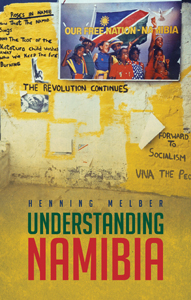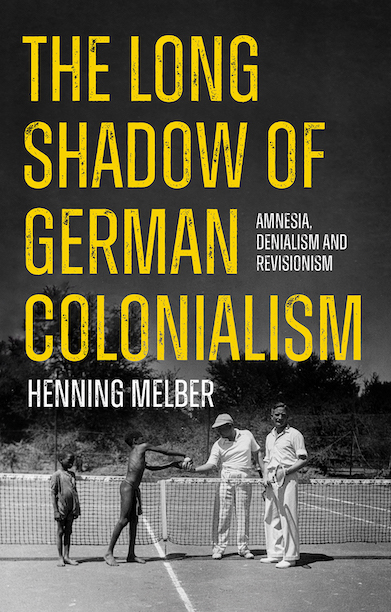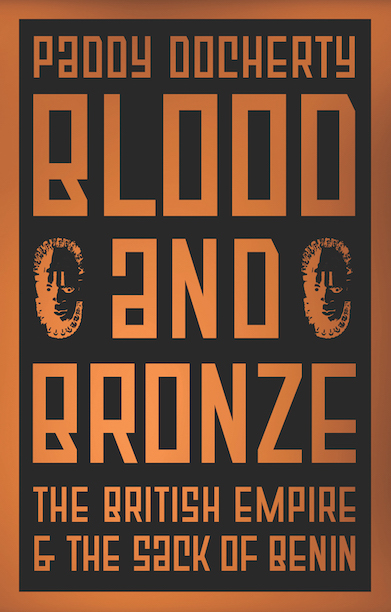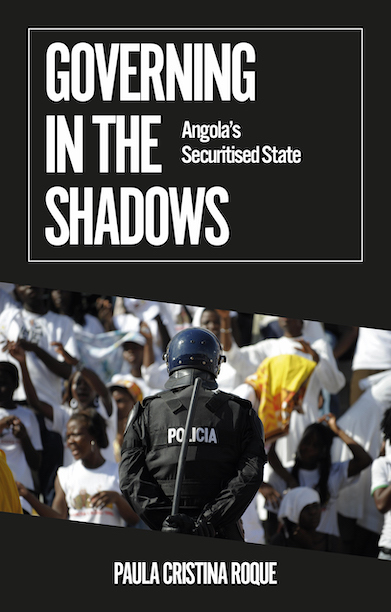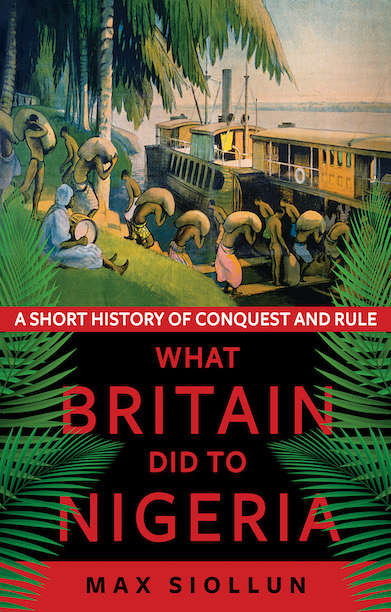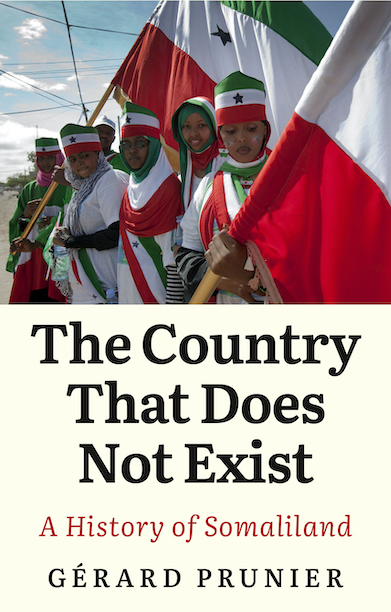Understanding Namibia
The Trials of Independence
A frank account of an African state that shook off colonial rule but has yet to see the fruits of independence distributed evenly among its people.
Description
Since independence in 1990, Namibia has witnessed only one generation with no memory of colonialism — the ‘born frees’, who voted in the 2009 elections. The anti-colonial liberation movement, SWAPO, dominates the political scene, effectively making Namibia a de facto one-party state dominated by the first ‘struggle generation’.
While those in power declare their support for a free, fair, and just society, the limits to liberation are such that emancipation from foreign rule has only been partially achieved. Despite its natural resources Namibia is among the world’s most unequal societies and indicators of wellbeing have not markedly improved for many among the former colonised majority, despite a constitution enshrining human rights, social equality, and individual liberty.
This book analyses the transformation of Namibian society since Independence. Melber explores the achievements and failures and contrasts the narrative of a post-colonial patriotic history with the socio-economic and political realities of the nation-building project. He also investigates whether, notwithstanding the relative stability prevailing to date, the negotiation of controlled change during Namibia’s decolonisation could have achieved more than simply a change of those in control.
Reviews
‘Namibia is often rated as a top performer in surveys measuring good governance in Africa; but the reality, according to Henning Melber, a scholar and activist with a deep knowledge of the country, is quite different. Melber describes Namibia as a “minimalist democracy”, led by SWAPO politicians who claim to have secure social and economic emancipation for all Namibians but who insist on exclusive control for their own benefit. … Erudite and convincing.’ — Martin Meredith, Times Literary Supplement
‘Compelling account’ — Foreign Affairs
‘Henning Melber has unrivalled knowledge of Namibia since independence. This significant book offers an up-to-date and thoroughgoing analysis of the country and its prospects.’ — Christopher Saunders, Emeritus Professor of History at the University of Cape Town, South Africa and co-author of South Africa: A Modern History
‘Henning Melber has provided us with the most substantial report on Namibia that we have had since the country became independent in 1990. A significant gap in scholarly knowledge has been filled.’ — Stephen Ellis, Desmond Tutu Professor at the Free University, Amsterdam and author of External Mission: The ANC in Exile, 1960-1990
‘Excellent, detailed and logically-argued … this book is a much-needed one. There have been too few in-depth analyses of Namibia’s development post-independence, especially in comparison with the growing corpus of work on Zimbabwe, Angola, Mozambique and South Africa. Its value is increased because it is written by someone who devoted much of his life to the struggle against apartheid-South Africa’s occupation of Namibia.’ — Africa – News and Analysis
‘Henning Melber has lived Namibia’s history for many decades both in the country itself and in Western Europe. No-one knows the country any better than he does and his book, well written and thoughtful, thoroughly reflects this: both the country’s accomplishments and the deep disappointments its troubled history since Independence has given rise to.’ — John S. Saul, Professor Emeritus of Politics at York University, Toronto and author of A Flawed Freedom: Rethinking Southern African Liberation
‘An incisive tour de force by Namibia’s most acute and engaged scholar activist.’ — Roger Southall, Professor emeritus of the Department of Sociology, University of the Witwatersrand, and author of Liberation Movements in Power: Party and State in Southern Africa
‘Understanding Namibia is a very good overview of the politics of post-colonial Namibia, written in a clear and readable style, and with the passion of one who was involved in the struggle for an independent Namibia. Henning Melber has been one of the scholars leading the debate on the “limits of liberation” in Southern Africa and his book provides a broad prospectus of issues, ranging from a brief overview of the form of decolonisation in Namibia, to the selective patriotic history that has provided the legitimating ideology of the ruling party SWAPO and the forms of party political dominance that have emerged since 1990.’ — Brian Raftopoulos, Director of Research, Solidarity Peace Trust
‘Required reading for anyone wishing to seriously discuss problems related to Namibia, and possibly also for policy makers in the country. Moreover, Melber contributes towards a broader conception of liberation movements in power which is of particular relevance for Southern Africa as a whole. In particular for all those who persevere in seeing aspirations for human rights, justice and equity as central not only to their personal agenda but to a salubrious perspective in the Southern African region and beyond, this book will also be an important milestone not just to grapple with ‘what has gone wrong’, but to reach an understanding of the regime type that has emerged and possibly also of the social dynamics that may lead beyond that type.’ — H-Soz-Kult
‘Understanding Namibia extends research on how insurgents transform
into political parties by providing empirical data on a case of the phenomenon. Melber
skillfully supports his assertions with a heretofore-unseen breadth of sources. Scholars of
Namibia will find the footnotes and bibliography useful, as he taps into rich veins of research from local scholars, while also leveraging his own first-hand research and experience.’ — Sean McClure, African Studies Quarterly
Author(s)
Henning Melber is Director Emeritus of the Dag Hammarskjöld Foundation and former research director of the Nordic Africa Institute. Since joining Namibia’s anti-colonial movement, he has been a scholar-activist. His books include Understanding Namibia and Dag Hammarskjöld, the United Nations and the Decolonisation of Africa, both published by Hurst.
